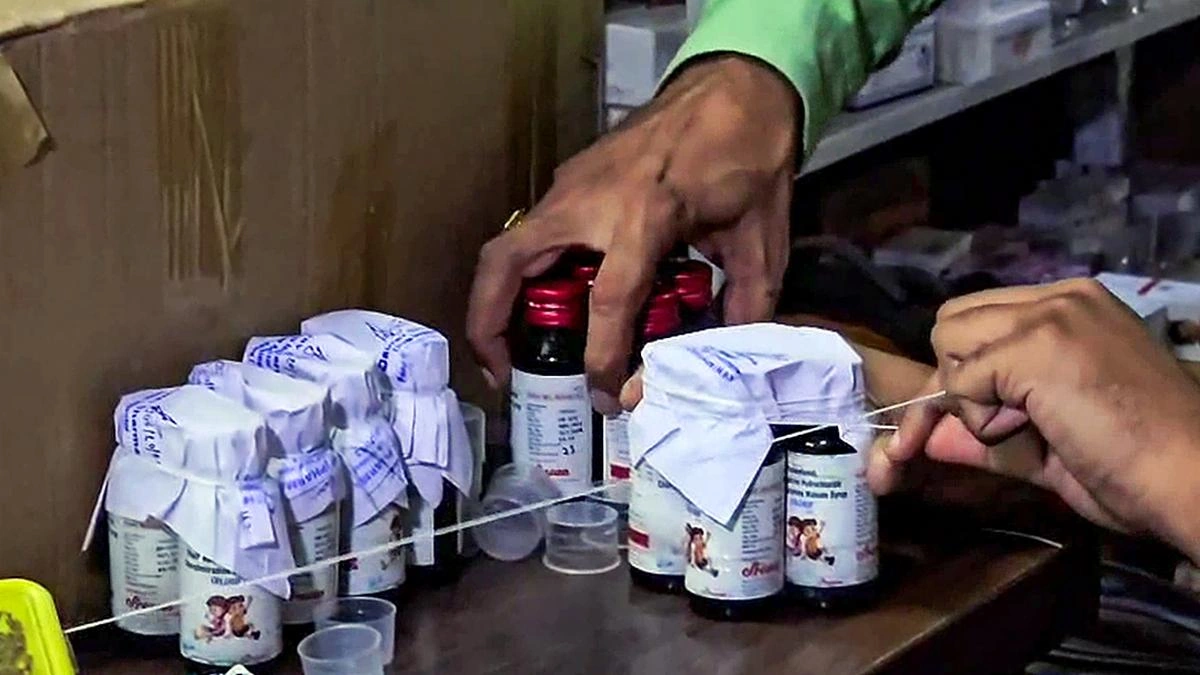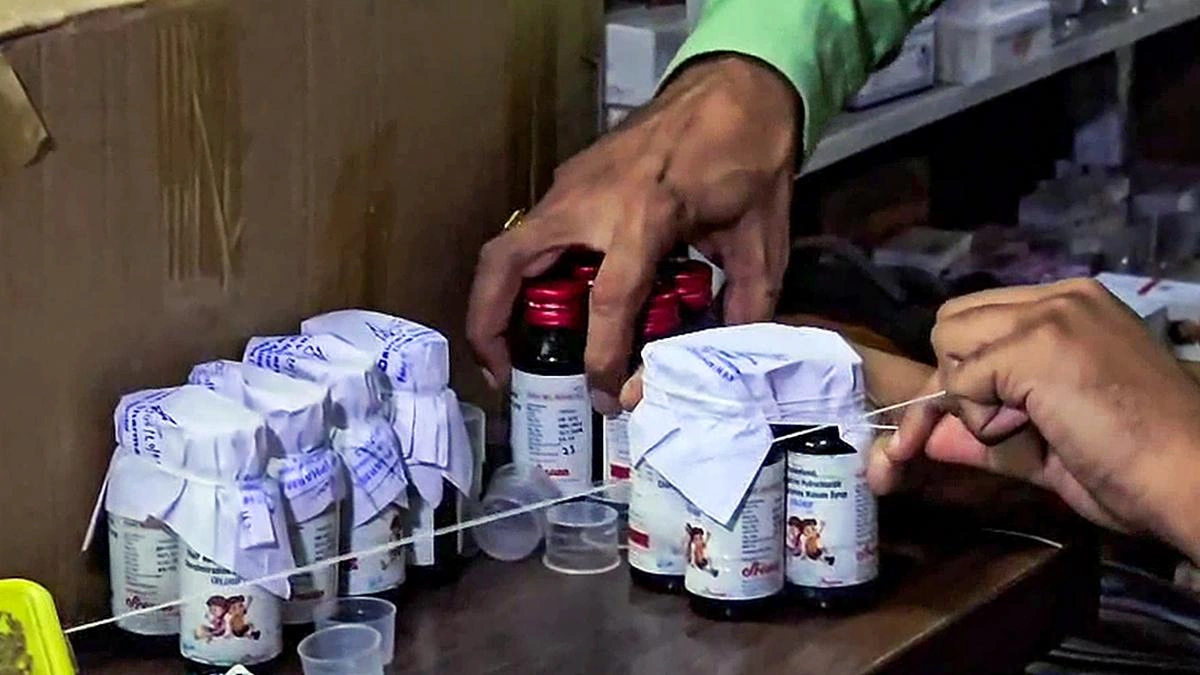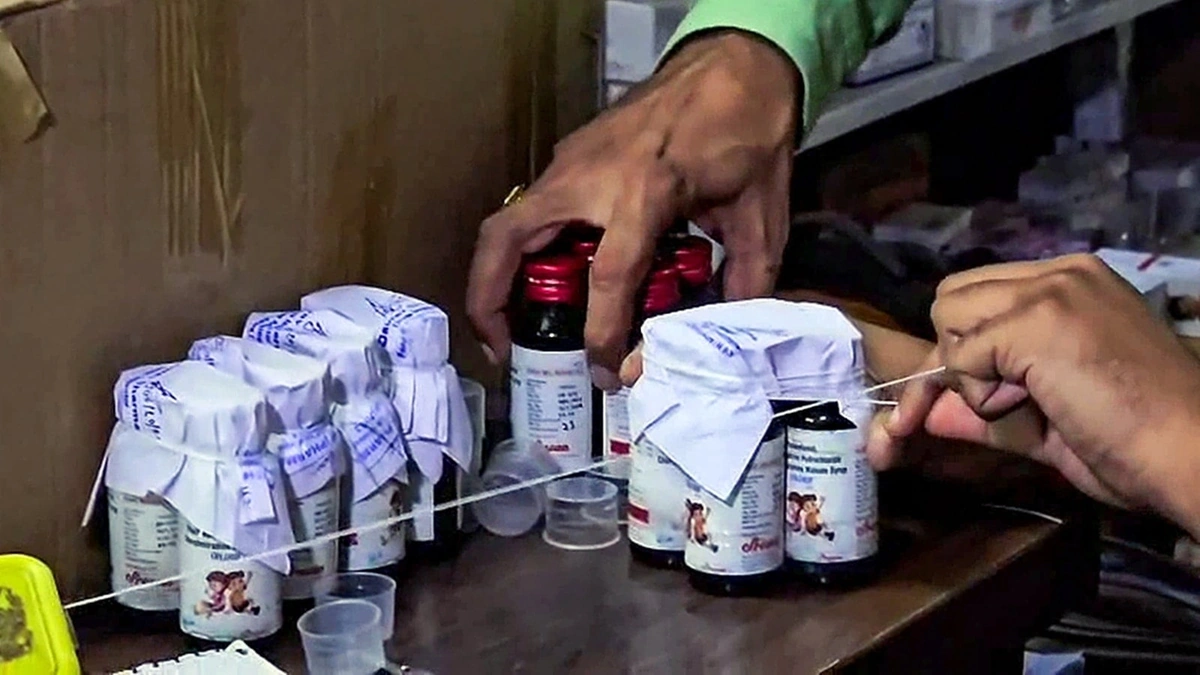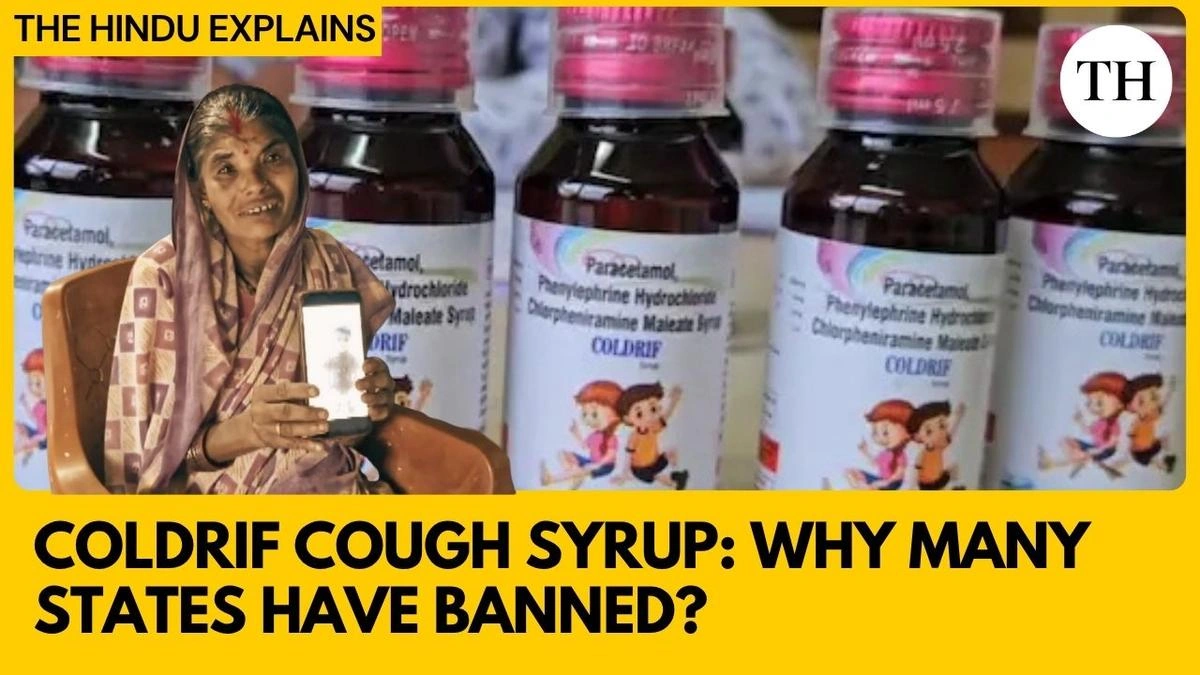India Cough Syrup Deaths | Understanding the Risks
Let’s be honest, when you hear about cough syrup deaths , especially concerning kids, a chill runs down your spine. It’s not just a headline; it’s a parent’s worst nightmare. We are going to discuss the causes, and potential solutions of cough syrup deaths in India . But, what I really want to explore is why this keeps happening and what we can do, not just as individuals, but as a society, to prevent these tragedies.
The Bitter Truth | Why Are Cough Syrups Risky?
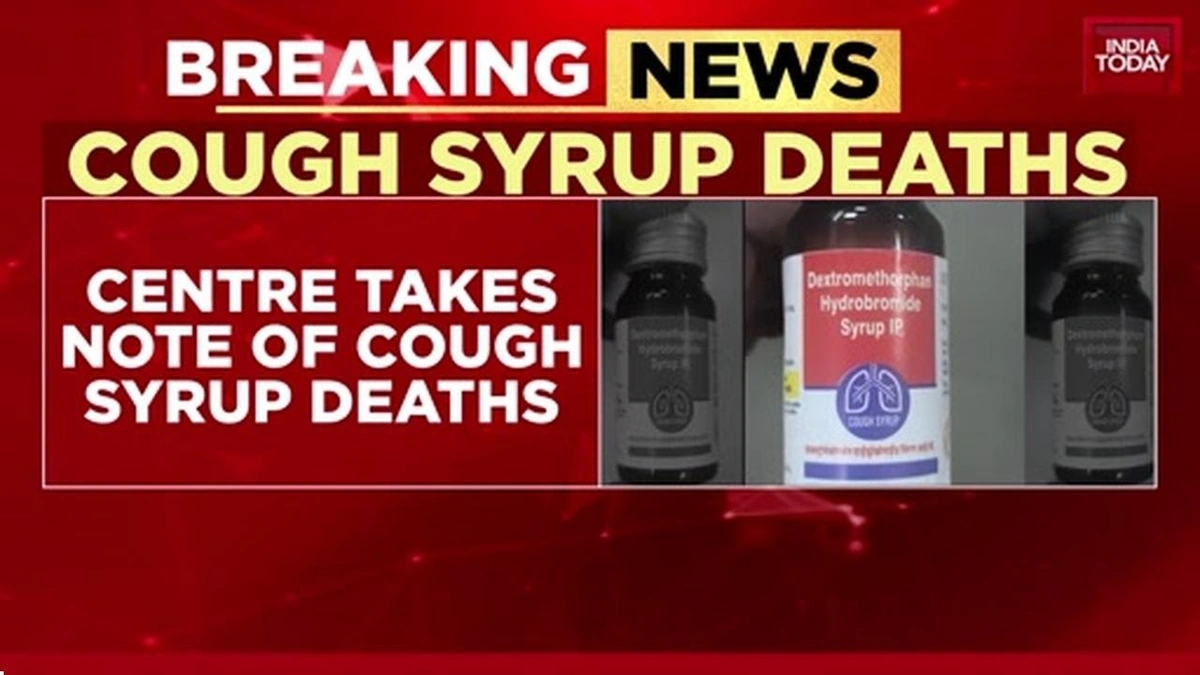
Here’s the thing: cough syrups, like any medication, aren’t inherently evil. The problem arises when they’re poorly manufactured, unregulated, or misused. Think of it like this: a kitchen knife can help you prepare a delicious meal, or it can be dangerous in the wrong hands. The issue boils down to quality control and oversight. A common culprit in these incidents is the presence of toxic substances like diethylene glycol (DEG) or ethylene glycol (EG). These chemicals, used as cheaper alternatives to pharmaceutical-grade ingredients, can cause kidney failure and other severe health problems. The presence of toxic chemicals in medicine is an issue we need to discuss openly.
And it is not just about big pharma. Sometimes smaller manufacturers cut corners to save money, and that’s where the danger creeps in. It’s a systemic problem that demands a multi-pronged approach.
The Regulatory Labyrinth | Cracking Down on Substandard Drugs
So, what’s being done about it? Well, the Indian government has taken steps to strengthen its regulatory framework. But, let’s be real, it’s a complex process. We need stricter inspections of manufacturing facilities, increased testing of drug samples, and harsher penalties for companies that violate safety standards. According to the Central Drugs Standard Control Organization (CDSCO) , India’s drug regulator, several measures are in place to ensure drug safety. However, implementation and enforcement are key. It’s also important to have transparency in the medicine manufacturing processes.
What fascinates me is that, even with regulations, substandard drugs still find their way into the market. This points to a need for greater vigilance at every level from raw material sourcing to distribution and sales. Strengthening the drug regulatory framework is not just a government task; it’s a shared responsibility. This is crucial for the safety of our citizens .
Parental Vigilance | Protecting Your Children
Okay, regulations are important, but what can you do right now to protect your kids? First and foremost: always consult a doctor before giving any medication to your child, especially cough syrups. Don’t self-medicate based on what worked for someone else or what you saw on TV. Every child is different, and their health needs should be assessed by a qualified professional. Be extra cautious about buying medicines online or from unverified sources. Counterfeit drugs are a real threat, and they can be deadly. Always check the packaging for signs of tampering or inconsistencies. If something seems off, don’t use it.
A common mistake I see people make is not reading the label carefully. Pay attention to the dosage instructions and potential side effects. If you have any doubts, ask your pharmacist. Remember, you are your child’s best advocate. Trust your instincts and don’t be afraid to question anything that seems suspicious. Being careful about medication for children will keep them safe.
Global Implications | A Wake-Up Call for the World
India isn’t the only country grappling with the issue of substandard drugs. The World Health Organization (WHO) has issued several alerts regarding contaminated cough syrups linked to deaths in other nations. These incidents highlight the need for greater international cooperation in monitoring and regulating pharmaceutical products. It’s a global problem that requires a global solution.
Let me rephrase that for clarity: It’s not just about pointing fingers. It’s about working together to establish common standards, share information, and prevent the spread of dangerous drugs across borders. The global implications of substandard drugs are huge and can lead to international tensions.
Looking Ahead | Towards a Safer Future
The fight against substandard drugs is far from over. It requires a sustained effort from governments, pharmaceutical companies, healthcare professionals, and individuals. We need to demand transparency, accountability, and quality at every stage of the drug manufacturing and distribution process. We need to empower consumers with the information and resources they need to make informed decisions about their health. And we need to remember that behind every statistic, there’s a real person, a child, a family whose lives have been shattered by these tragedies. Let’s honor their memory by working towards a future where no one has to suffer the consequences of preventable medicine quality issues .
And, it is not just a far-fetched dream. With collective effort and commitment, we can create a safer and healthier world for everyone.
Cough syrup safety is something we need to be extra vigilant about. With some effort, we can help make the future a little brighter.
FAQ Section
What are the common signs of cough syrup poisoning?
Symptoms can include nausea, vomiting, abdominal pain, kidney problems, and neurological issues. If you suspect poisoning, seek immediate medical attention.
How can I verify the authenticity of a cough syrup?
Check for proper labeling, sealed packaging, and compare it to the manufacturer’s website. If anything seems suspicious, don’t use it.
What if I accidentally gave my child a contaminated cough syrup?
Contact your doctor or a poison control center immediately. Don’t wait for symptoms to appear.
Where can I report a suspected case of substandard medicine?
Report it to the CDSCO or your local drug regulatory authority. Your report can help prevent future incidents.
Are herbal cough syrups safer than conventional ones?
Not necessarily. Herbal medicines can also be contaminated or contain harmful ingredients. Always consult a doctor before using any medication, herbal or otherwise. It’s all about patient safety.
